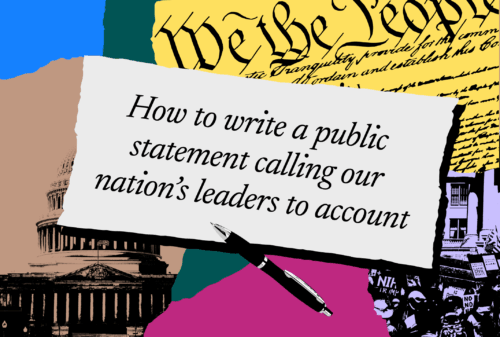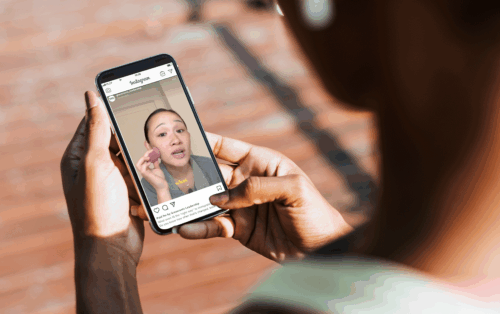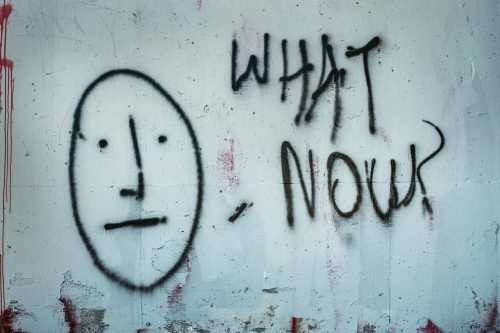
Early in my career, I had the opportunity to coach a lot of rural Montanans on TV and radio interview skills.
If you’ve ever had a camera or microphone thrust in your face, you can appreciate how uncomfortable the experience is and how easy it is to get rattled and wander off topic, answering questions that have nothing to do with what you’d hoped to get across. My job was to help regular people practice a skill we called “respond and bridge.”
With respond and bridge, you decide in advance what you want to say, and when someone asks you a question that distracts from your main point, you respond with something like “that’s an interesting question,” and then bridge to what you really want to say with something like “but what’s really important is…”
In those long-ago trainings, it was incredibly gratifying to watch as people got the hang of it and learned how to direct the conversation instead of just sitting back and letting the interviewer run the show.
I’ve been thinking a lot about “respond and bridge” lately, especially as it pertains to Trump and how easily he rattles and misdirects all of us. Has there ever been a politician more prone to distract the entire country from what’s important? I shudder to think of all of the energy and precious “message moments” we’ve all collectively wasted over the last four years responding — and genuflecting — to Trump’s every outburst.
A perfect recent example is Trump’s claims of voter fraud. Since Election Day, journalists around the country have breathlessly reported on every twist and turn in his attempt to dispute the 2020 election results and resist a peaceful transfer of power. The sum total of all of these stories is this: there was no widespread fraud. There is no evidence. There’s no “there” there. And yet it’s become a dominant story about the election.
Does anyone else see a problem here?
With record turnout, American voters just elected the first Black and Asian woman Vice President. We also elected a president who will have the most progressive platform of a sitting president in US history. Black, Latinx, and BIPOC organizing and voter engagement made this happen. Meanwhile, we’re enduring a global pandemic that’s taking a turn for the worse, and our current president hasn’t bothered to attend a coronavirus task force meeting in over five months and is taking no role in combating the virus that’s eviscerating the US economy and has already killed over 290,000 people and counting. Despite all that, fictitious election fraud is somehow given equal billing alongside real stories.
I’ll say it: We, as a country, are off our game and off message. We’ve let ourselves be manipulated and played, time and time again. We’ve let a rogue president distract us from what’s really happening–and what we should be paying attention to during a tumultuous time.
There is a way for us to reclaim reality. It’s time for all of us to sharpen our “respond and bridge” game to get back to having the conversations we want to have, rooted in our narratives–not theirs.
As we move into 2021, we enter a time of great opportunity and peril. Navigating our way requires we don’t reinforce destructive myths by repeating them even as we rebut them. As I once did while coaching regular people to stay on message when doing TV interviews, I challenge all of us–and especially journalists–to resist the pull to respond to Trump’s latest conspiracy theories. Instead, let’s bridge back to what we care about and the real story about the 2020 election and what’s happening to our country.
As President-elect Biden likes to say when bridging, “Here’s the deal.” There is so much work — and opportunity — ahead of us. Let’s get started!
By Amy Frykman, with special thanks to Marla Wilson, Jenny Park and Liz Banse for their contributions.
More Insights and Resources


Building Power for Immigrant Justice with Data-informed Audience Selection

